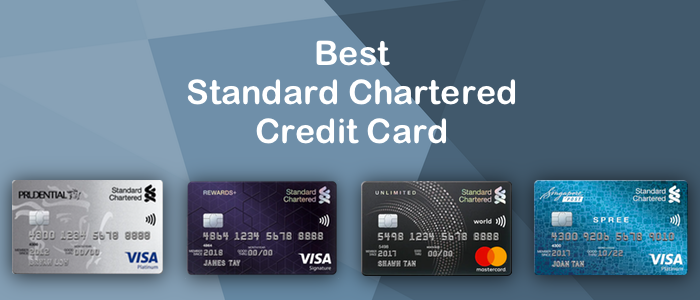What do you need to think of when moving abroad.
Are you preparing for a big move overseas? Moving abroad or starting a new job in a totally different country can be an exciting endeavour, it can also be daunting with preparations.
The last thing you want to do is to arrive in a new country with unresolved issues outstanding from your previous life at home. For this reason, careful planning is required, especially when it comes to your finances. Here, we offer some advice to help you with a smoother transition.
Settle all Local Bills
Depending on whether you’ve had ample time to plan your move, you might forget to cancel certain outstanding services such as utilities, internet or your mobile phone line. All these can continue to accumulate and you may even incur late payment fees and interest that can pile up. If you thought that you can escape payment by moving overseas, consider that you have a high chance of returning to your home country one day, and you might dread to face the consequences.
Home Banking
It may be tempting to move all your money with you, especially if you have little savings to start with, but don’t. You should always keep a home account that can come in handy for circumstances where you need to pay for any services, such as insurance or even just for transfers to be made. Pick a bank that has good internet and mobile banking, so you can make the necessary changes anywhere in the world.
Foreign Banking
Many may choose to only set up a bank account when they reach the new country, but this may not be the wisest. Depending on the country, you may not be able to meet all the criteria needed to open a local banking account. This can cause some frustration at a time where you probably have huge banking needs – paying down the deposit of your new rental home, being able to have a credit card to make large purchases and having an account where your company can pay your salary.
It is thus worthwhile to check out the requirements before you move, or check with your local bank to see if they can open an offshore account before you leave home so that you can have easy access to money when you arrive in the new country.
Figure out the cheapest way to transfer money
If you have regular payments to make in your home country – such as mortgage repayments or for your insurance – you’d want to seek out a good money transfer option for you to be able to make regular transfers without incurring outrageous fees. Although banks were the traditional methods for the safest money transfers, they are very costly as well.
In the last few years, we’ve seen the popularity of using money transfer specialist that helps you save costs of money transfers substantially. Many are very reputable and has become the go-to way to transfer money, brands include World First, TransferWise and InstaReM.
Our Money Transfer Top Three
[ec_multiple_list ids=’8640,10268,8625′]
Tax obligations
You will need to find out about your tax obligations in your home country and new country and notify the relevant authority that you’re leaving the country. Depending on where you are from, you may have to pay additional taxes if you fail to notify your home country.
Insurance
You might want to check with your employer to see if they’ve got any insurance plans for you. Insurance seems to be an aspect many foreigners neglect when they move, which can be a huge problem if you get into an accident or illness overseas. Being hospitalised is painful enough, but not having the financial support to pay the medical bills can make for an emotional disaster. This is especially important for those who are moving with their families as well. When in doubt, you should look for an insurance specialist to advise on your best options.




